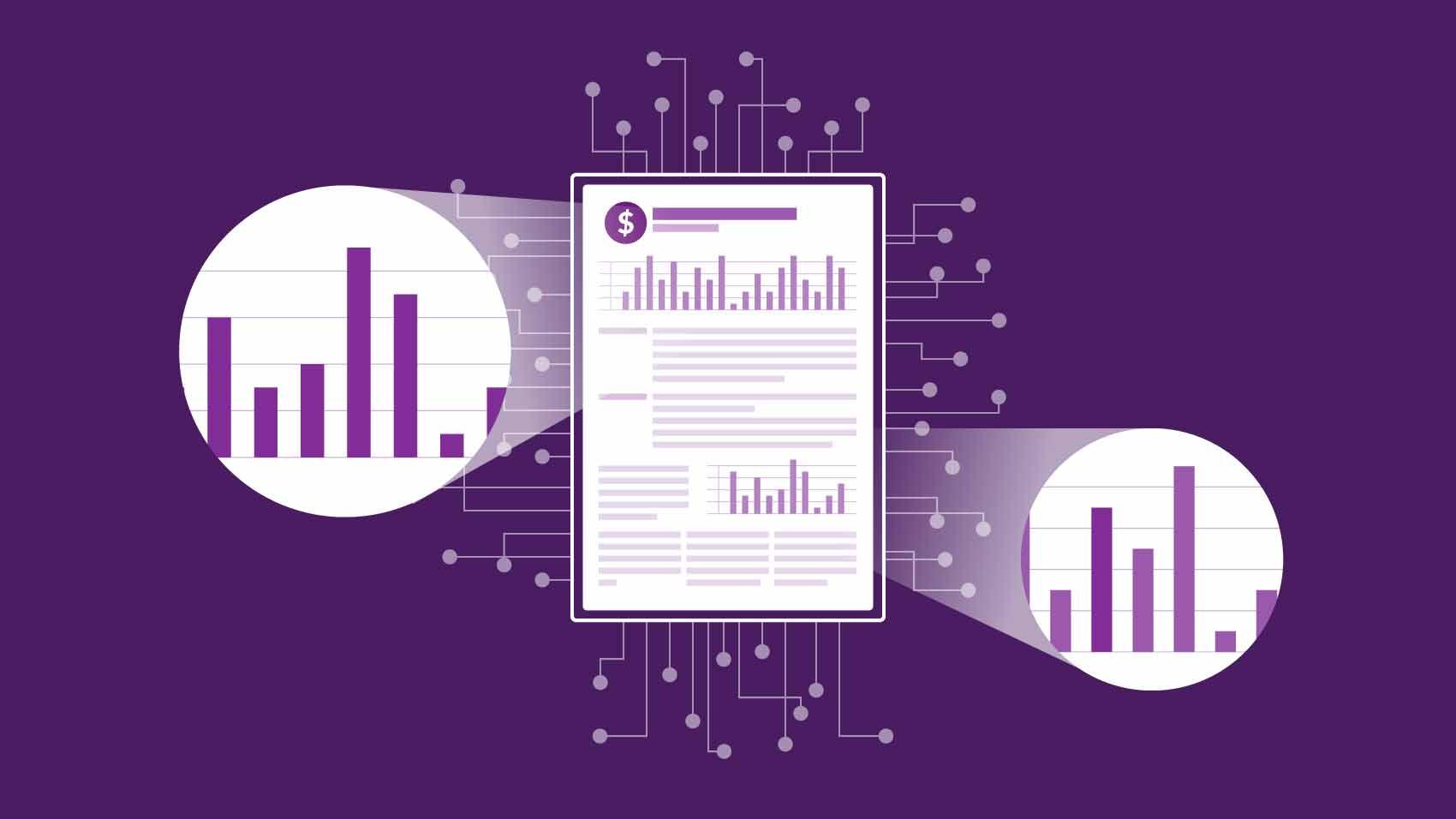Wrangling Financial Disclosures, MNPI and COVID-19

This is guest blog post from Nick Mazing, Director of Research for Sentieo, a financial and corporate research platform for executives, investment analysts and researchers.
Financial disclosures can speak volumes. Right now they're saying a lot about the business impacts of COVID-19 and their effects on external reporting teams.
As the head of research for the financial research platform Sentieo, I'm seeing disclosures that reveal:
- A faster progression of global trends
- A shift in what companies consider to be material non-public information (MNPI)
- Greater demand for more detailed and more frequent disclosures
These rapid developments underscore the need to connect investor relations teams and teams who manage reporting to the Securities and Exchange Commission (SEC), even as COVID-19 keeps co-workers apart.
Let's dig deeper into these new trends.
1. The pandemic as an accelerant
I can talk about this all day. Big crises tend to accelerate fundamental changes that were already happening, and the pandemic is no exception. Think of globalisation. Before the pandemic, what we saw with Brexit, the 2016 U.S. election and elections elsewhere in the world was the start of de-globalisation: the unravelling of the Trans-Pacific Partnership (TPP), challenges to the Paris climate accord and trade wars.
Now apply COVID-19, and all of a sudden people are asking: why are our supply chains dependent on other countries?
We're also seeing the pandemic accelerate the shift to remote work, video conferencing and more retailers closing brick-and-mortar locations. It’s like that Lenin quote: There are decades when nothing happens, and there are weeks when decades happen. We’re in that second part now. It's a little scary.
2. The beast that is material non-public information
For SEC reporting teams, the big change with COVID-19 is they're now disclosing a lot more MNPI. What I mean is that information that previously might not have been material—perhaps a store reopening or a cancelled customer contract—is now very material.
With Sentieo's industry-leading Document Search (available through Workiva and used by The New York Times and others), I can take advantage of machine learning and natural language processing to quickly search many financial and non-financial datasets—such as publicly filed documents, call transcripts and alternative data—to pick up trends. What I can see using Sentieo is the disclosure of high-frequency data. Some restaurants are now reporting weekly same store sales, not just quarterly numbers. And where they previously might have disclosed their percentage of digital orders, now some are also breaking down how many were for delivery versus curbside pickup.
I've noticed airlines disclosing "cash burn" rates in Q1 filings and earnings calls. For some, this was the first time they had included the term "cash burn" in their filings. I'm also seeing more disclosures around liquidity efforts, such as revolver drawdowns and PPP, the Paycheck Protection Program.
3. Demand for detailed, timely disclosures has never been greater
Everyone knows 2020 has been tough, but investors want more information than usual to estimate recovery paths. For example, today new local regulations on minimum square footage per customer could be material in determining the "new" unit economics in this era of social distancing.
While the SEC is allowing delayed filings due to the pandemic, many companies are filing on time. Companies in distress can preserve more value in rescue financing if they don't delay reports.
The swift pace of change highlights the need for extensive collaboration between SEC reporting teams and investor relations and a connected reporting platform to produce more accurate, timely filings. Companies are using the Workiva platform to connect data and teams, so they can file with the SEC at least a day earlier than they ever have.
One last word on financial disclosures
Financial disclosures play a critical role in modern life because they dramatically reduce the risk in investing and potential for fraud. They also help with capital formation, so companies can grow faster.
When I think about Workiva, I think about how the platform's role in accurate, timely reporting increases trust—and “high-trust” societies are better societies to live in.


